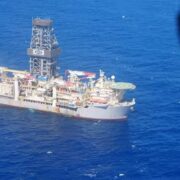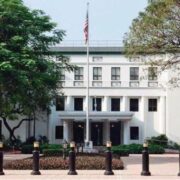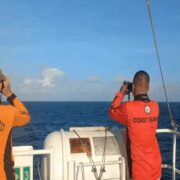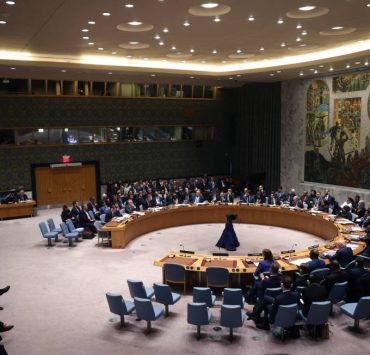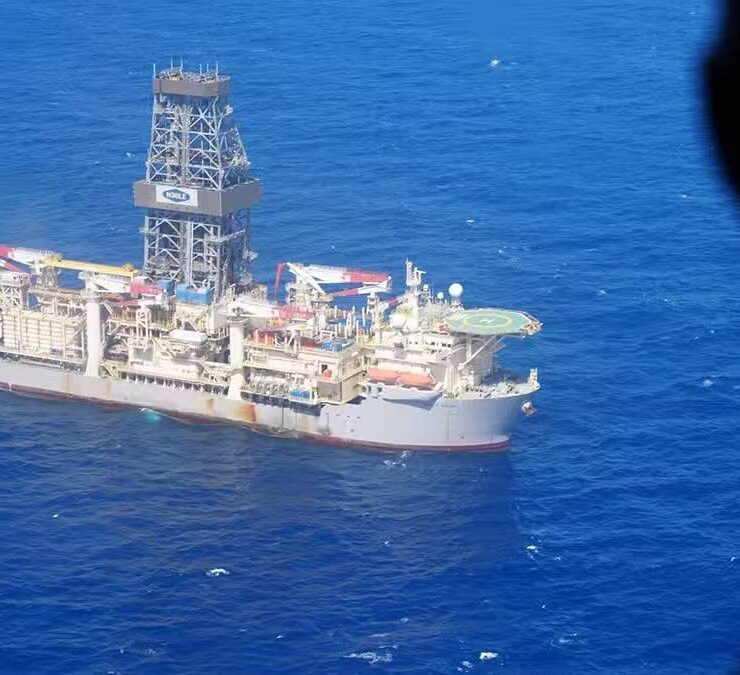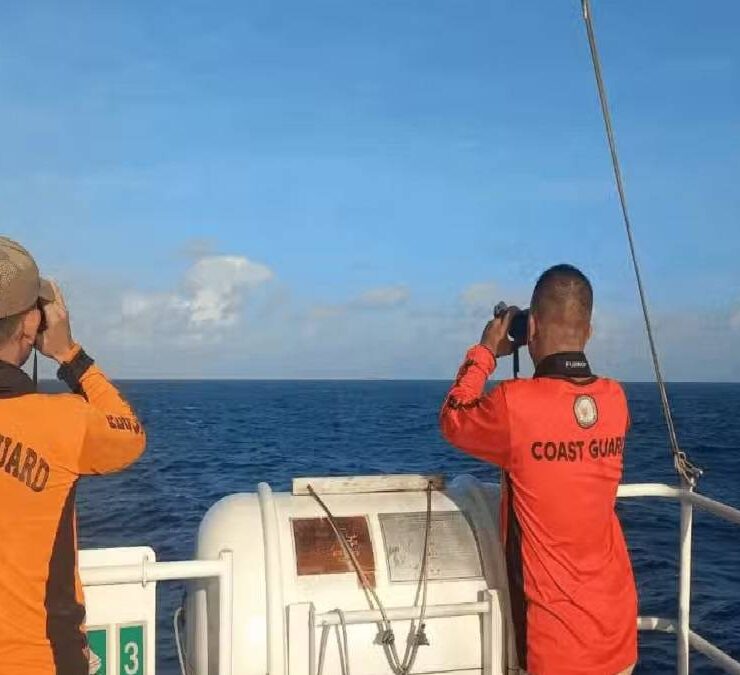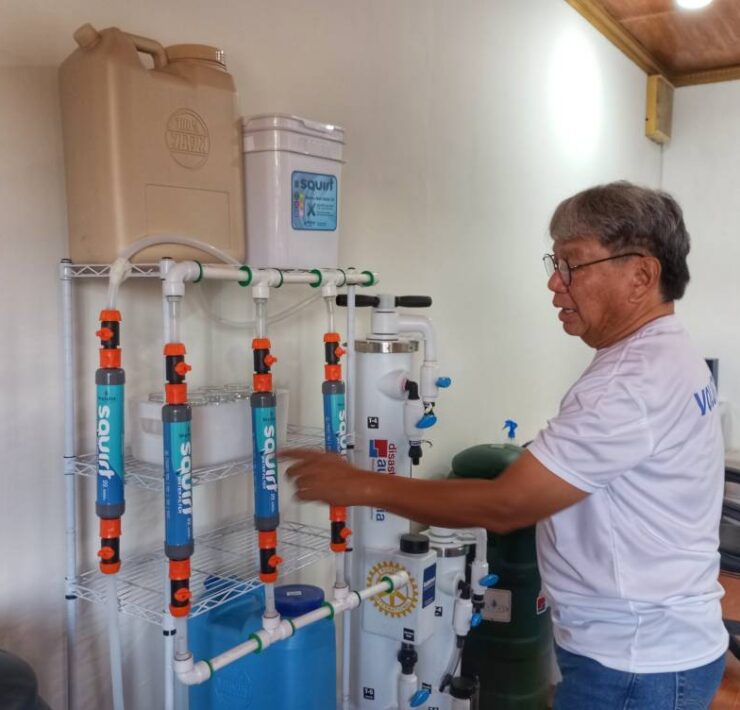Hackers attack Coast Guard Facebook page; third this year
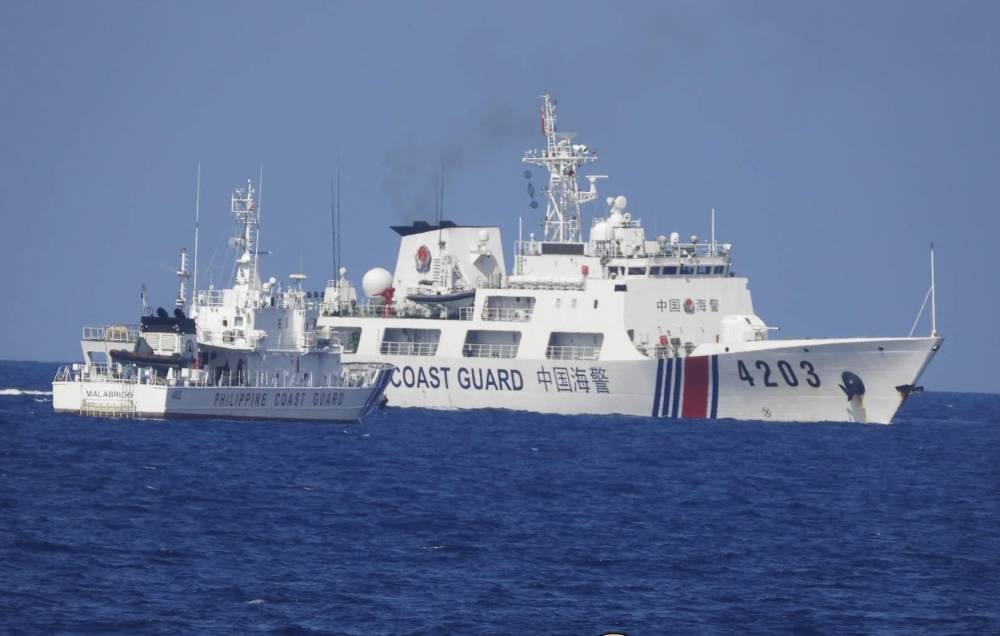
Unknown hackers again broke into the social media account of the Philippine Coast Guard (PCG) on Monday night, the third cyberattack against the agency this year.
The PCG said “an unknown entity has gained access” to its Facebook page about 6 p.m. on Monday, less than two weeks since hackers gained access to its official X (formerly Twitter) account.
In January this year, the Department of Information and Communications Technology blocked cyberattacks reportedly “from within China” against the mailboxes and Google Workspaces of the PCG’s National Coast Watch.
Monday’s hacking of the PCG’s Facebook page also came a day after the agency accused its Chinese counterpart of jamming the signal of the tracking system of Philippine ships during rotational deployments this month at Bajo de Masinloc or Scarborough Shoal.
The hacking also happened after the PCG released videos and photos of Chinese ships blocking Philippine vessels going to Bajo de Masinloc.
In a statement, Rear Adm. Armand Balilo, PCG spokesperson, said “two malicious short videos” were posted on the PCG’s Facebook page on Monday night.
But when personnel of the Coast Guard Public Affairs Service (CGPAS) tried to delete the videos, Balilo said the service was alerted with a forced “switch account” notification.
He added that based on the initial diagnostic of the CGPAS, “the unknown entity did not leave any digital traces on the official email address and the mobile phone used by the CGPAS to establish a security key as an additional layer of online security protection.”
Regaining access
In a separate statement on Tuesday, Balilo said the PCG had already coordinated with Meta, the parent company of Facebook, and “provided needed details to regain page access” as more videos were posted on its Facebook page.
One of the videos from the movie “Locked Up” had a caption, which read, “Bullying the wrong person and a worthy ending.”
“After initial consultation with the Philippine National Police Anti-Cybercrime Group, the CGPAS considers the possibility of online security breach through malware (malicious software),” Balilo said.
According to him, the CGPAS already met with the Coast Guard Weapons, Communications, Electronics, and Information System Command to conduct back-end operations for page recovery.
As of 5 p.m. on Tuesday, the PCG had yet to regain access to its Facebook page.
The PCG has referred to the latest incident as “hacking,” a term it refused to use when its X account was compromised earlier this month as it connoted “malicious intent.”
During the Feb. 15 attack, hackers wiped out the PCG’s entire page contents since it was put up in 2013, including its logo and profile picture, although these were “retrieved” about five hours later.
Electronic jamming
At a press briefing on Tuesday morning at Camp Aguinaldo in Quezon City, Commodore Roy Vincent Trinidad, Philippine Navy spokesperson for the West Philippine Sea, said there had also been an increase in interference on the electronic capabilities of Philippine ships in the West Philippine Sea, particularly during rotation and resupply missions.
Trinidad issued the remark after Commodore Jay Tarriela, PCG spokesperson for the West Philippine Sea, said China had been jamming the signal of Philippine vessels in the West Philippine Sea, adding that “there were instances” that the government’s vessels could not transmit their automatic identification signals.
Trinidad said during the briefing that “activities of China in the West Philippines Sea have been going on for quite some time when it comes to interference on our electronic capabilities.”
He added that based on his discussion with the commander of naval forces in Palawan, the interference “has been going on for the past three to four years, maybe even earlier.”
“They have noted an increase in cyber interference, electronic interference and jamming and stuff like that, not only for equipment of the ships but also for land-based communication equipment,” he pointed out.
However, he later told reporters that he could not directly say if China was the main source of the interference.
“I would need the appropriate Navy office or General Headquarters to say that, after we do all the forensics,” he said.
According to Trinidad, the interference had minimal impact on the ships’ operations.
“The effect is minimal because the interference on the electronic equipment did not reach a stage that they will interfere with the navigation, these are more on the communications on land, cell phones, but on the overall impact on the operation they do not really cause a significant impact,” he said.



